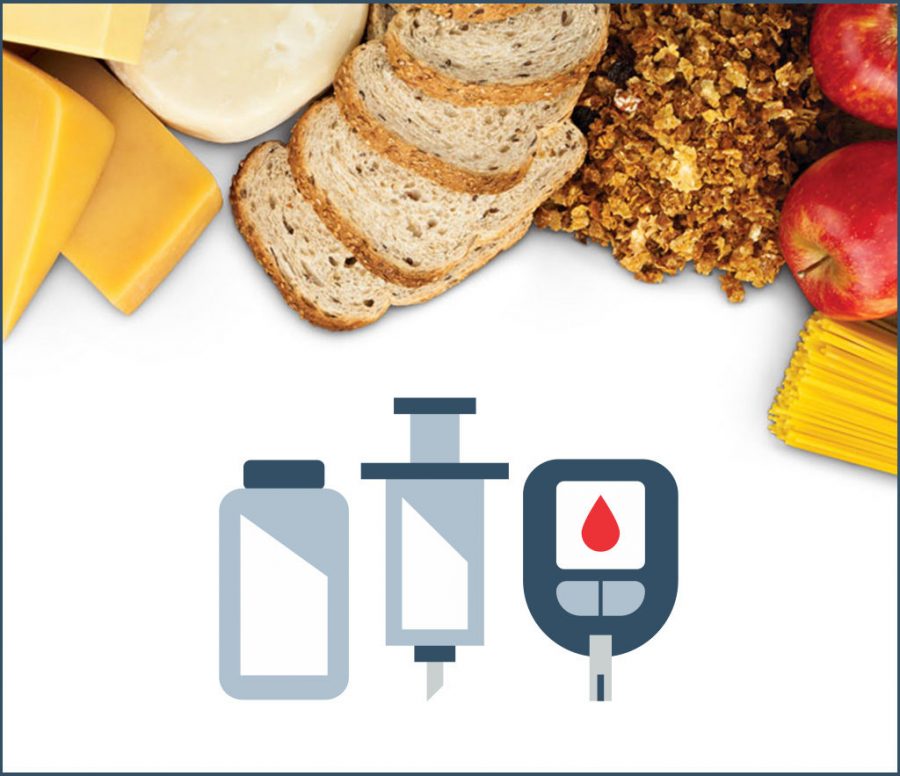National Diabetes Month
November 29, 2020
November is a typically a busy month in the middle of the holiday season, but it is also known for being National Diabetes Month. There are people out in the world who have to deal with diabetes everyday, and some people may not understand what they go through to stay healthy. This time is an opportunity to learn more about diabetes to support others and prevent yourself from developing it.

“Mostly, we can look to prevent it, we have a program here at Fort HealthCare for pre diabetes. What we do is look at the range of where your blood sugars are, and a test for anyone. Pre-diabetes means that your blood sugars are higher than what we like them to be, but not high enough to be called diabetes. We would have people come in and we can really modify diet and exercise really kindly help with that. There’s a risk factor test to see if you are more likely to get diabetes, it’s a questionnaire to see if you have a higher risk,” said Biwer.
Diabetes is a disease in the pancreas area that isn’t working right in the body. There are three types of diabetes: type 1, type 2 and gestational. Type 1 diabetes are beta cells that take place in the pancreas that have been affected by an autoimmune disease and end up not getting enough insulin. Type 2 diabetes is slower, decreasing in the beta cells in the pancreas and insulin too. Insulin is the uncommon metabolism carbohydrate, it would bring up the sugars from the carbohydrate that would all be broken down into sugars and glucose to be moved into the veins and vessels inside the organs.
“So for those with type 1 diabetes are going to have no insulin, and they have to be treated with insulin. There’s two different kinds of insulin, background or known as basal, and short term insulin that they get at meal time. Type 1 prevention is generally a combination of diet exercise and medications. Ideally, we treat type 2 diabetes with diet exercise, and the medications we have for type 2 diabetes can be oral and injectable,” said Shawn Biwer, a Diabetes Care and Education Specialist at Fort HealthCare talking about how to treat diabetes.
To learn more information about risk factors, prevention and how to support others with diabetes visit https://www.forthealthcare.com/clinic/fort-healthcare-whitewater/.














